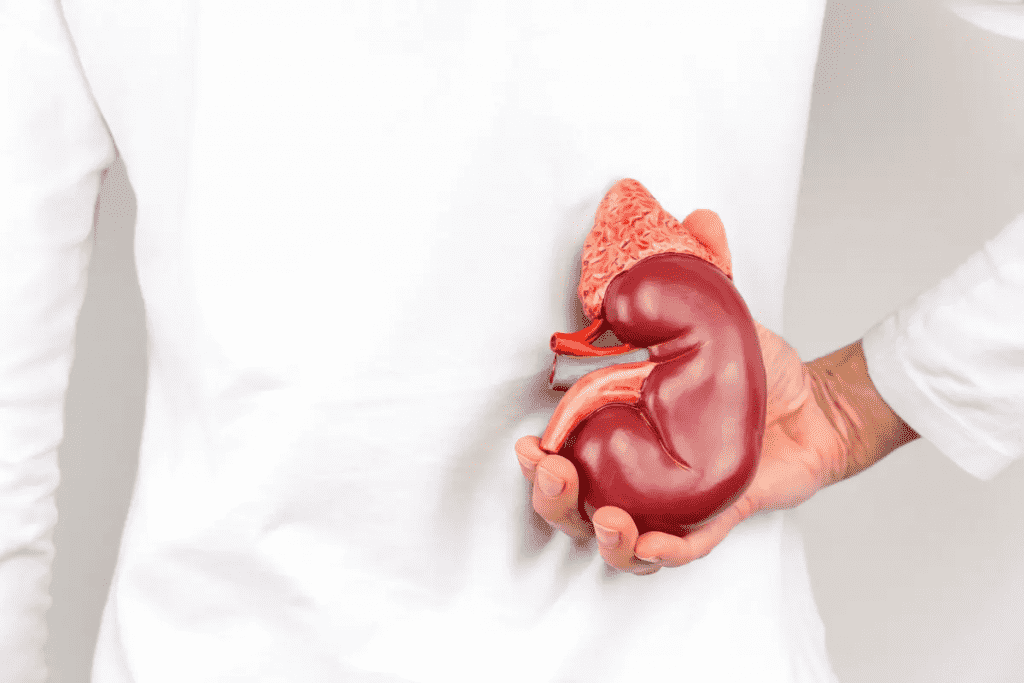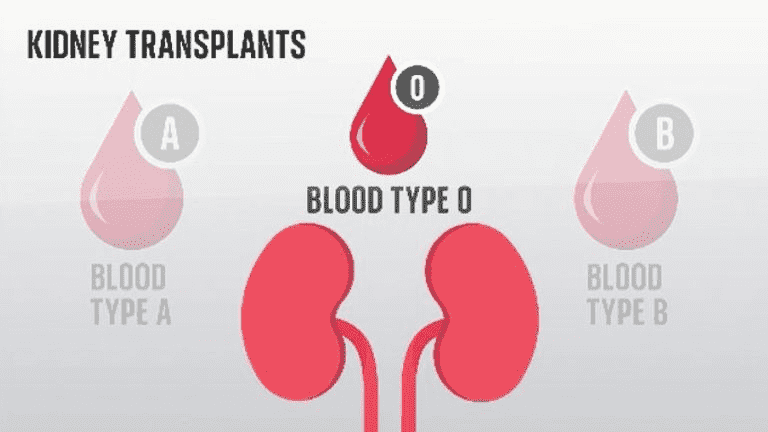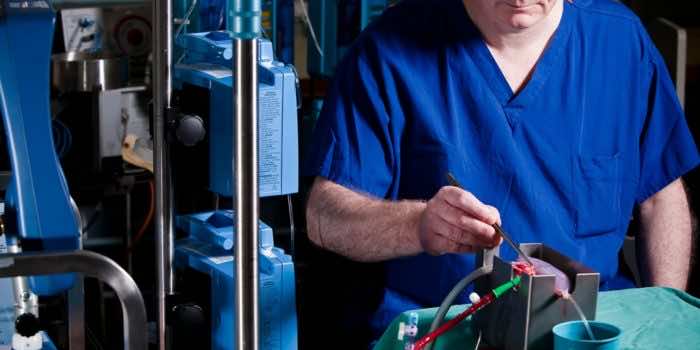It is astonishing to see that transplant candidates from ethnic minorities have to wait more than white people to get an acceptable donor.
Type B blood is more common in minority communities, making type A organs incompatible.
A recent breakthrough by Cambridge researchers could massively change the rules for transplant compatibility.
In a recent experiment, they changed a kidney’s blood type from A to the universal type O — making it theoretically available for any patient, including those with type B blood.

“We know that people from minority ethnic groups can wait much longer for a transplant as they are less likely to be a blood-type match with the organs available,” Aisling McMahon, the executive director of research at charity Kidney Research UK, which funded the work, said.
“I feel sad at the thought of waiting so long”: Ayesha was diagnosed with stage 3 kidney disease in 1998 and lived with the disease until the pandemic when her kidneys began to deteriorate quickly.
She was informed that she may need to wait twice or even three times as long as a white patient.
“They explained that because of my ethnicity my wait for a deceased donor will be longer than for a white person,” she told Cambridge.
The Cambridge work on this is led by professor of transplant, surgeon Mike Nicholson and Ph.D. student Serena MacMillan. They may help patients like Ayesha become eligible for kidneys much faster once it is proven safe and effective in the clinic.

To change a kidney to type O — which can be universally accepted, the team worked on the antigens.
They took the help of a machine called normothermic perfusion. They flushed three deceased donor kidneys with blood containing an enzyme that works like a pair of “molecular scissors,” slicing out those A or B antigen blood markers.
With those markers being taken away, the kidneys became type O in just a matter of a few hours.
The team’s research will be published in the coming months in the British Journal of Surgery. Similar work has previously been performed on lungs.
The tissue rejection can be avoided in various ways, including the standard approach: lifetime immunosuppression. However, this leaves the body highly vulnerable to infection and still does not guarantee complete shielding from tissue rejection.
are racing to find other ways to prevent organ rejection, including transplanting bone marrow tissue at the same time, known as mixed chimerism.
Using the same machine, they used to change the kidneys’ blood type, the team will now test how the freshly christened type O kidneys react to the blood of different types.
From there, they will work on testing the technique with transplant patients.
“The research will offer so much hope to minority groups still waiting for a transplant and could help to save many lives,” Ayesha said.


